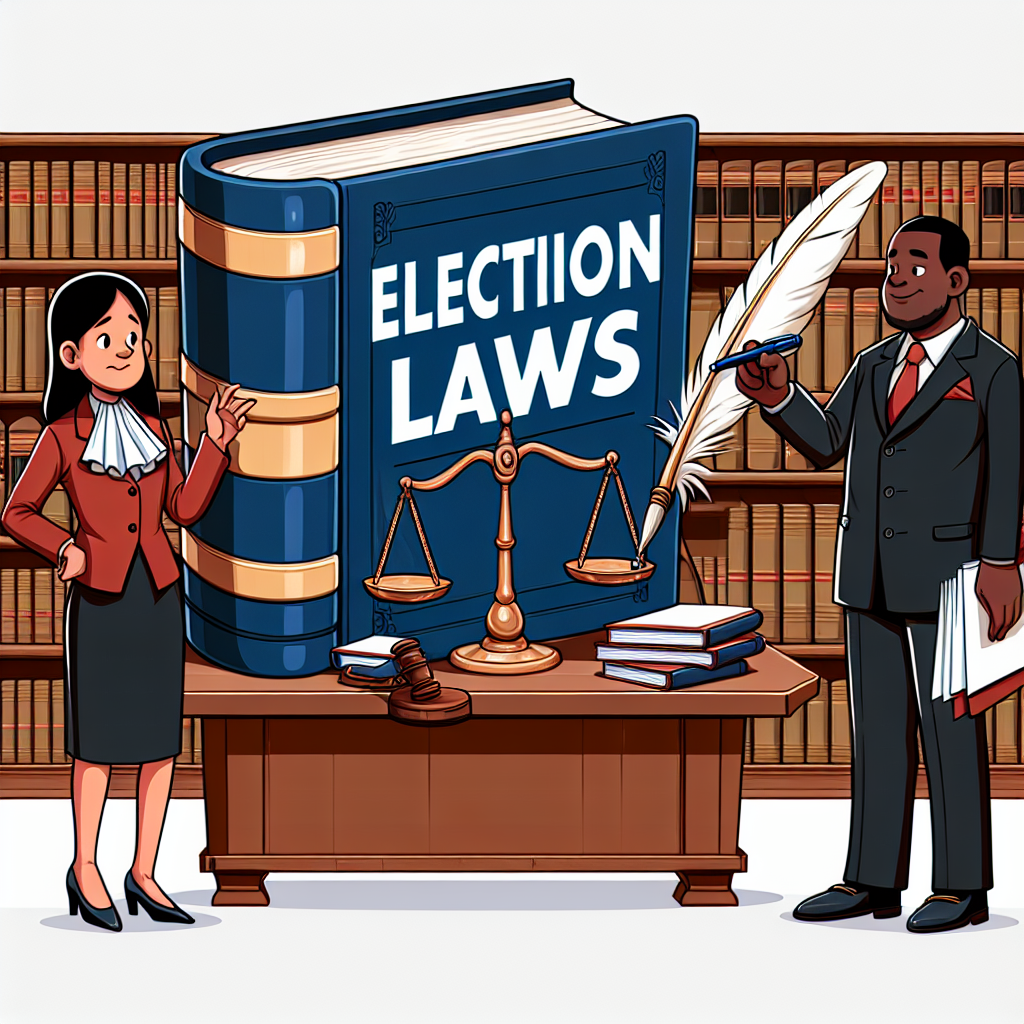Venezuela Supreme Court Upholds Maduro's Disputed Election Win
Venezuela's Supreme Justice Tribunal ratified President Nicolas Maduro's controversial victory in the July 28 election. This decision follows a period of anti-government protests and alleged crackdowns on dissent. The court's ruling, which cannot be appealed, affirms Maduro's presidency despite opposition claims of electoral fraud and international calls for transparency.

Venezuela's Supreme Justice Tribunal on Thursday officially ratified President Nicolas Maduro's victory in the July 28 presidential election, reinforcing institutional backing for the ruling party as the contested election recedes from international attention.
Since the election and subsequent violent anti-government protests, Maduro's government has been accused by opposition, human rights groups, and unions of suppressing dissent. This includes arresting opposition figures and protesters, investigating opposition leaders for allegedly inciting military crimes, tightening rules on NGOs, and forcing state employees suspected of holding pro-opposition views to resign.
Supreme tribunal president Caryslia Rodriguez stated that the court examined the electoral authority's materials and concluded that Maduro won the election. This decision is final and cannot be appealed. "The electoral material assessed is certified unobjectionably, and the results of the presidential election of July 28, which showed Nicolas Maduro elected as president, are validated," Rodriguez said.
Despite claims from the electoral authority that Maduro won just over half of the votes, full tallies have not been published. Conversely, the opposition released data online, asserting their candidate Edmundo Gonzalez received 67% support from 83% of voting machine tallies.
Western countries have called for complete disclosure of election results, while Russia, China, and others have recognized Maduro's victory. According to sources, the U.S. is preparing sanctions against 60 government officials and family members as a punitive measure. However, most proposed solutions by the international community have been ignored or rejected by the involved parties.
The opposition has claimed that the supreme court's ruling violates constitutional separation of powers, thus rendering it null. Nonetheless, the ratification granted Maduro another six-year term starting in January. He assumed office in 2013 after serving as a long-time ruling party official.
Maduro requested the court to verify the results, leading to the summoning of all candidates to submit their voting machine tallies. Opposition candidate Gonzalez did not appear, which opposition leaders stated indicates the court functions as an extension of the ruling party. Rodriguez condemned Gonzalez's non-appearance as "blatant disrespect," potentially subjecting him to unspecified sanctions.
According to the United Nations, at least 23 protesters have been killed and about 2,400 arrested since the election. President Maduro labeled the demonstrators as extremists and fascists.
(With inputs from agencies.)
ALSO READ
Election Turmoil in Venezuela: Gonzalez Under Legal Scrutiny Amid Protests
Justice Demands: Family Joins Protests Over Doctor's Tragic Death at RG Kar Hospital
Malaysia Resolute in South China Sea Oil and Gas Exploration Amid Beijing Protest
West Bengal Governor Advocates Women's Safety in Universities Amid Protests
Curfew Following Violent Protests in Jainoor Town Amid Communal Tension










